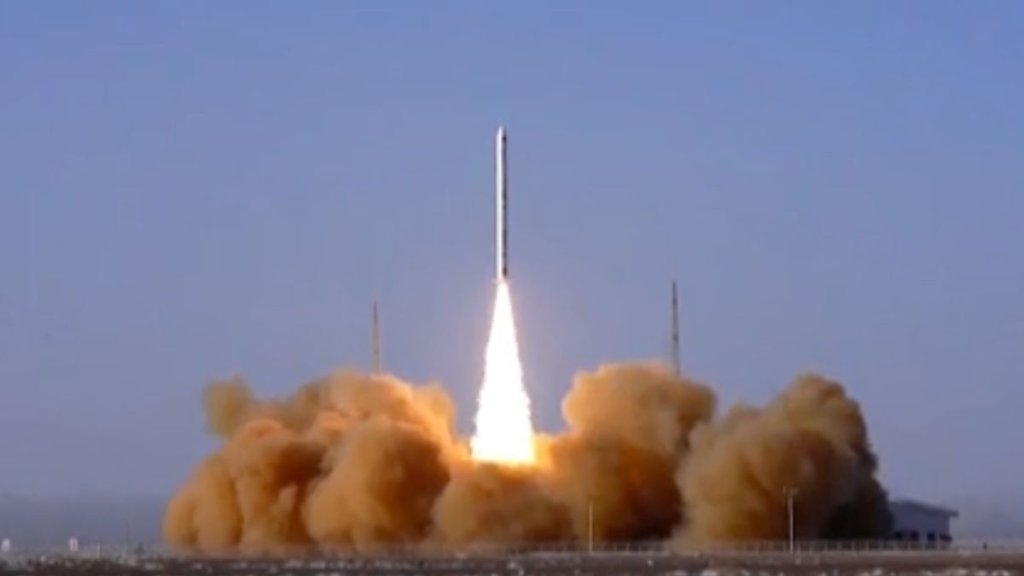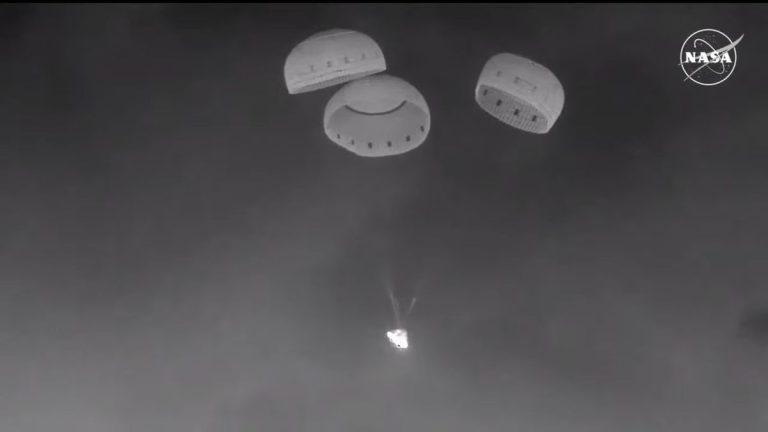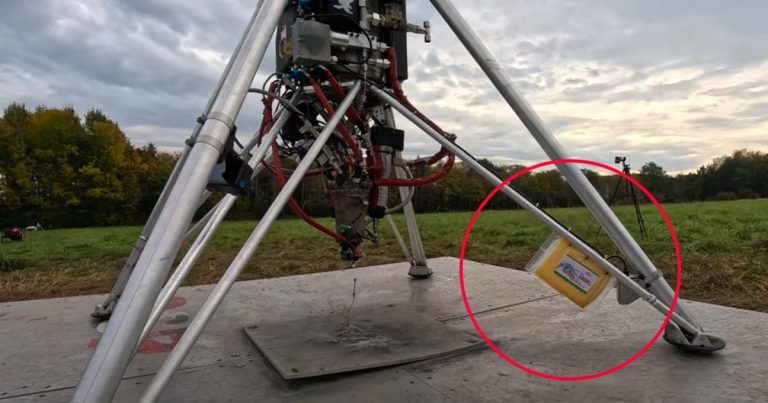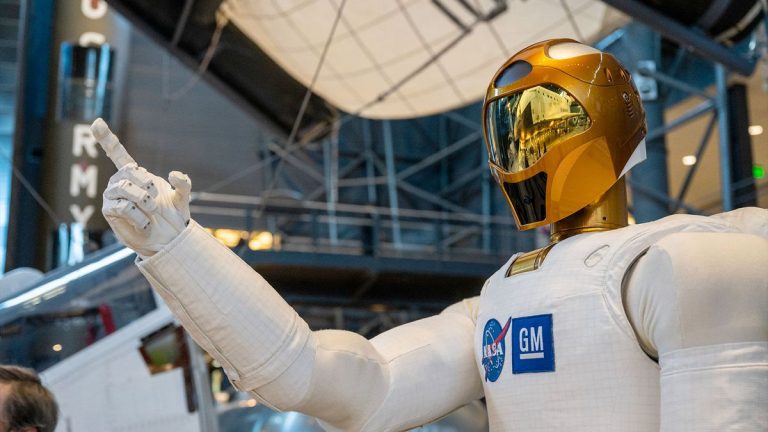
Chinese company iSpace suffers 4th launch failure in 7 tries (Image Credit: Space.com)
The Chinese company iSpace’s launch-success rate has dipped below 50% once again.
iSpace’s seventh Hyperbola-1 rocket lifted off from the Jiuquan Satellite Launch Center in the Gobi Desert on Wednesday (July 10) at 7:40 p.m. EDT (2340 GMT; 7:40 a.m. on July 11 Beijing time), carrying an undisclosed payload toward Earth orbit.
But the solid-fueled launcher didn’t make it. “The first, second and third stages of the rocket flew normally, but the fourth stage worked abnormally, and the launch mission failed,” iSpace wrote in an update on Wednesday night. (Translation by Google.) “The specific reasons will be announced as soon as possible after detailed investigation and review,” added the company, whose full name is Beijing Interstellar Glory Space Technology Co., Ltd.
The Hyperbola-1 debuted with a successful launch in July 2019. But its next three missions — in February 2021, August 2021 and May 2022 — all ended in failure, as SpaceNews noted.
The rocket bounced back in April 2023 with a successful flight that carried no payloads. Hyperbola-1 delivered a returnable test satellite called Di’er-1 (DEAR-1) to orbit on its sixth flight, which occurred this past December.
This week’s failure makes iSpace — not to be confused with the Japanese company ispace, which builds robotic moon landers — three for seven overall.
The past two weeks have been a bit rough in spaceflight, with numerous rockets suffering setbacks.
On June 30, for example, the Chinese company Space Pioneer’s new Tianlong-3 rocket accidentally launched during a static fire test of its first-stage engines.
Europe’s new Ariane 6 rocket lifted off for the first time ever on Tuesday (July 9). This debut was mostly successful; the rocket delivered all nine of its cubesat payloads into the correct orbit. But the Ariane 6’s upper stage didn’t complete one of its final engine burns as planned, so the launcher ended up not deploying two experimental Earth-reentry capsules.
Hyperbola-1 had its issues on Wednesday. Then, on Thursday (July 11), a SpaceX Falcon 9 rocket suffered a failure during a Starlink satellite launch, which will lead to the loss of all 20 spacecraft that were on board. (The satellites were deployed too low and will eventually fall back to Earth due to atmospheric drag.)








